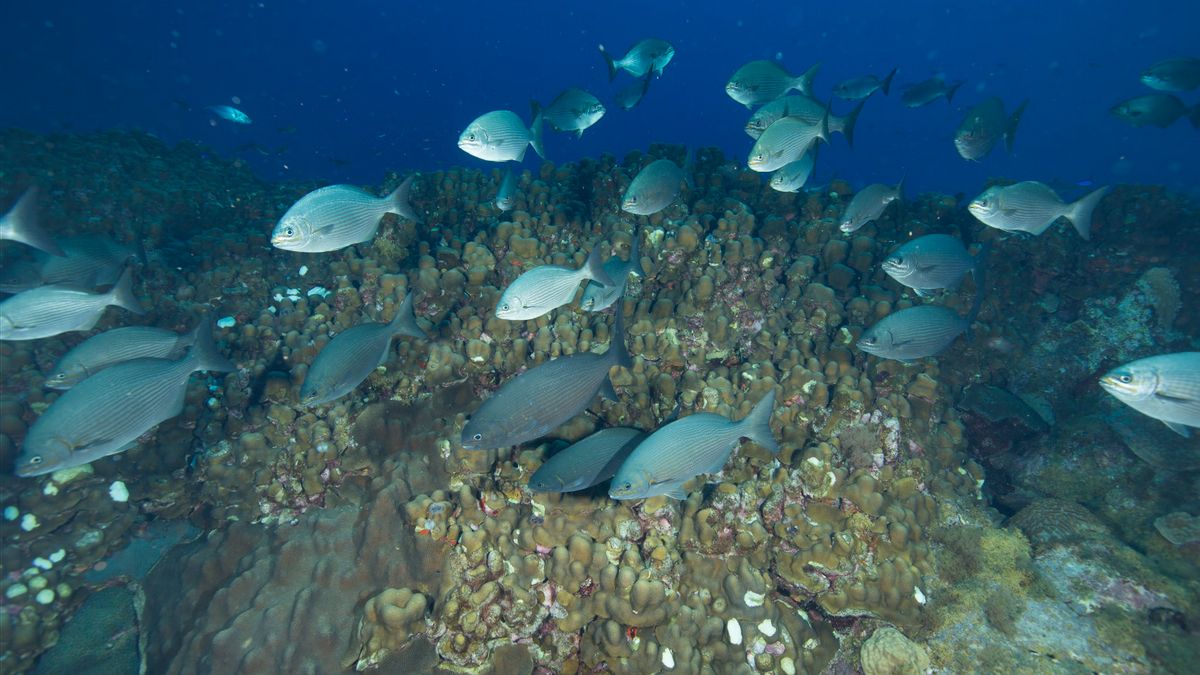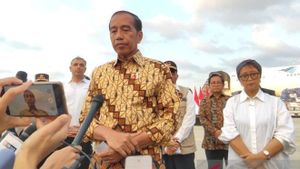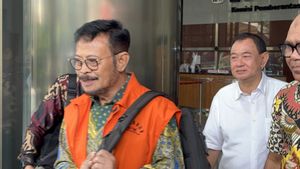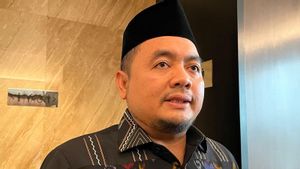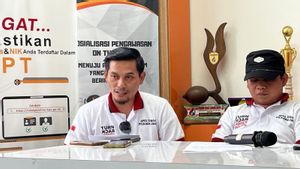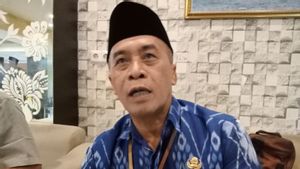JAKARTA - China says the 'illegal' Dutch warships in the Nansha archipelago in the South China Sea are damaging coral reef ecosystems in the region.
China's Ministry of Natural Resources said Philippine warships were 'illegished illegally' around the Second Thomas Shoal near the Nansha Islands for a long time.
"And this has seriously undermined the diversity, stability, and sustainability of coral reef ecosystems," the ministry said.
There has been no immediate comment from a spokesman for the Philippine Coast Guard and the Philippine Navy regarding China's claims.
The two countries have long clashed over the Spratly Islands, which China calls the Second Thomas 'Beting' Nansha Islands and the Sabina Beting.
These small islands are located on extensive waterways, which are annual ship trade channels worth more than US$3 trillion.
The Philippines has an army living on an aging, old warship in Second Thomas Shoal, which Manila deliberately grounded in 1999 to strengthen its maritime claims.
The report proposes that the Philippines get rid of 'illegal' warships stranded on the coast to eliminate pollution sources and avoid continuing to cause continued and cumulative damage to coral reef ecosystems.
China claims most of the South China Sea as its territory.
SEE ALSO:
Beijing rejected the decision of the Hague-based Permanent Arbitration Court in 2016 which declared China's extensive maritime claims to have no legal basis.
Both sides have reported damage to coral reefs due to ships and fishing vessels operating in certain atolls.
A Chinese report said that from 2011 to 2024 the coverage of reef-forming corals on the Second Thomas Shoal reef platform decreased by around 38.2 percent.
Last year, the Philippines said it was exploring legal options against China's accusations of destroying coral reefs in its exclusive economic zone in the South China Sea.
The English, Chinese, Japanese, Arabic, and French versions are automatically generated by the AI. So there may still be inaccuracies in translating, please always see Indonesian as our main language. (system supported by DigitalSiber.id)
